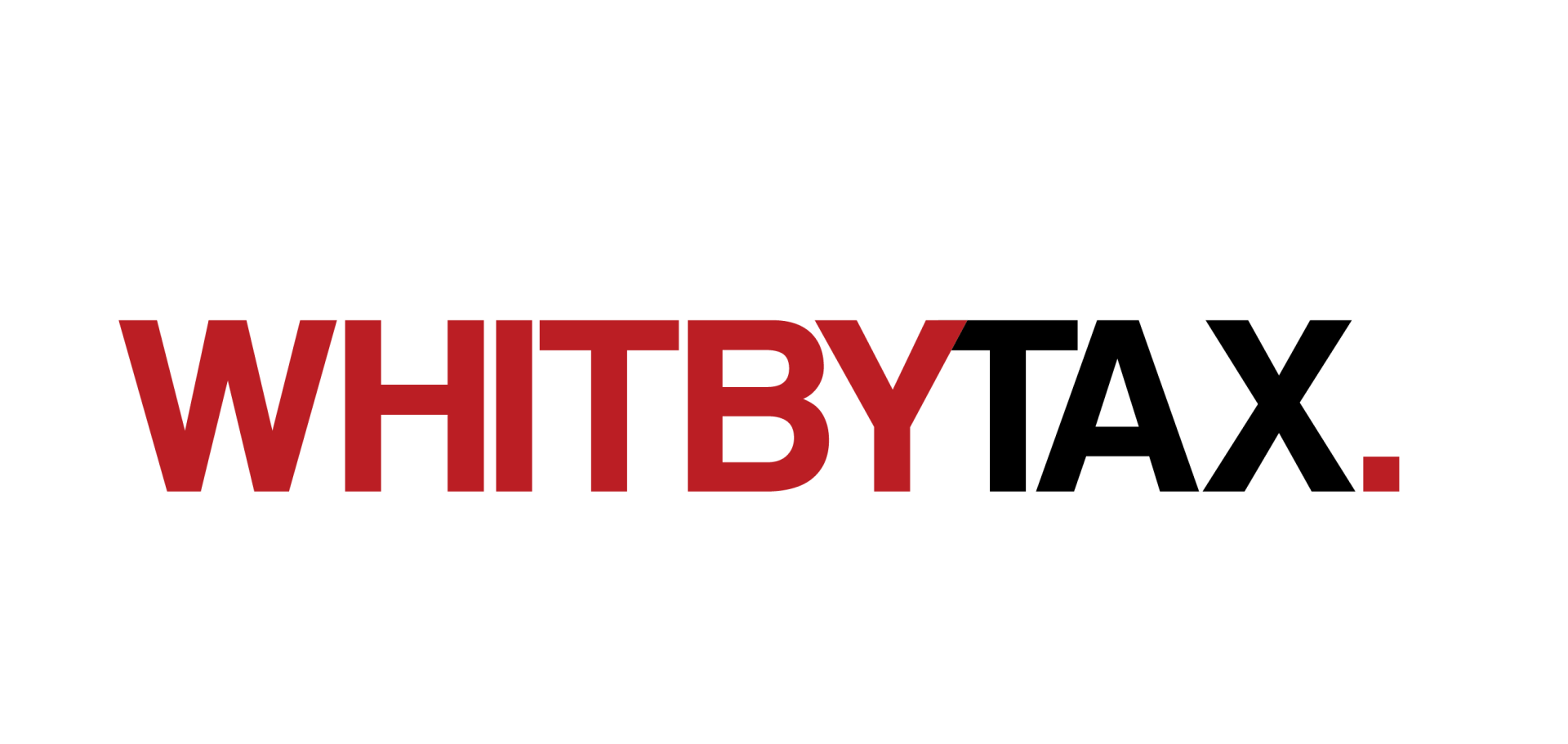End Game Excellence: A Canadian Guide to Boosting Your Business Value for a Premium Sale

When considering the sale of a business, it's crucial to implement strategies that boost its valuation. In Canada, where the market landscape can be as diverse as it is competitive, understanding the subtleties of financial health, operational efficiency, and market positioning can significantly enhance the worth of your enterprise. Here, we delve into these strategies to help Canadian business owners prepare for a lucrative exit.
1. Financial Health: Laying the Groundwork for a Strong Valuation
A sound financial foundation is the cornerstone of any business looking to maximize its value. Begin with ensuring that your financial records are immaculate. This includes having clear, understandable, and professionally prepared financial statements.
Conduct a thorough financial audit to identify and rectify any discrepancies. A business with solid, transparent financials is more appealing to potential buyers, as it signifies reliability and reduces the perceived risk.
Next, focus on improving cash flow. Effective cash flow management not only keeps your business solvent but also indicates to potential buyers that the business has steady and predictable revenue streams. Consider strategies such as improving your accounts receivable, optimizing your inventory management, and renegotiating terms with suppliers.
2. Operational Efficiency: Streamlining for Success
Operational efficiency is all about doing more with less—reducing costs while increasing productivity and quality. Streamlining operations can directly impact your bottom line, making your business more attractive to buyers.
Adopt lean methodology throughout your operations to eliminate waste and improve efficiency. This could involve automating processes where possible to reduce labour costs and enhance precision. Also, regular training programs for staff can ensure that everyone is at peak productivity, which in turn can significantly boost your operational efficacy.
Assess your supply chain and logistics for any potential cost-saving measures. Effective supply chain management can not only reduce costs but also improve customer satisfaction by ensuring timely delivery of products or services.
3. Market Positioning: Differentiating Your Business
Your position in the market is a strong indicator of your business’s potential growth and sustainability, which are key factors for potential investors or buyers. Firstly, ensure your brand stands out in the marketplace. This involves clearly communicating what makes your business unique and why it is a better choice for customers than its competitors.
Utilize market research to align your business offerings with customer needs and trends. Being adaptable to market changes can demonstrate to potential buyers that your business can withstand economic fluctuations and has the potential for sustained growth.
Enhance your business's online presence. In today's digital age, having a robust online engagement strategy isn't just advisable—it's essential. This includes having an SEO-optimized website, active social media accounts, and possibly an e-commerce platform, depending on your industry.
Maximizing your business valuation before a sale requires a comprehensive approach that integrates financial vigour, operational effectiveness, and strategic market positioning. Focusing on these areas not only adds to your business’s appeal to prospective buyers but also enhances its overall market strength, ensuring you get the best possible offer.
Canadian business owners should consider these strategies as essential steps on the path to a successful and profitable business exit. By effectively preparing your business for sale, you lay the groundwork for what is often the most significant financial transaction in a lifetime.











